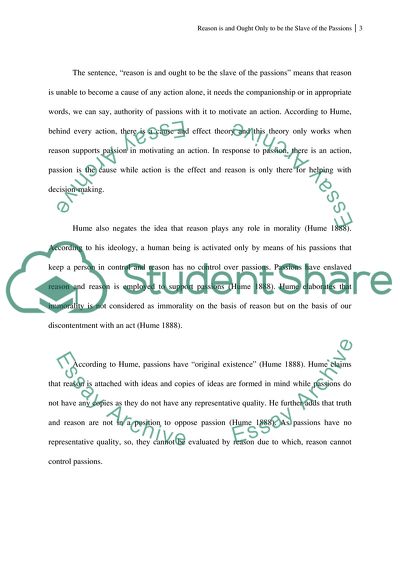Cite this document
(“Explain what Hume means by saying that reason is and ought only to be Essay”, n.d.)
Retrieved from https://studentshare.org/miscellaneous/1548572-explain-what-hume-means-by-saying-that-reason-is-and-ought-only-to-be-the-slave-of-the-passions-and-why-he-thinks-this-is-so-is-he-right
Retrieved from https://studentshare.org/miscellaneous/1548572-explain-what-hume-means-by-saying-that-reason-is-and-ought-only-to-be-the-slave-of-the-passions-and-why-he-thinks-this-is-so-is-he-right
(Explain What Hume Means by Saying That Reason Is and Ought Only to Be Essay)
https://studentshare.org/miscellaneous/1548572-explain-what-hume-means-by-saying-that-reason-is-and-ought-only-to-be-the-slave-of-the-passions-and-why-he-thinks-this-is-so-is-he-right.
https://studentshare.org/miscellaneous/1548572-explain-what-hume-means-by-saying-that-reason-is-and-ought-only-to-be-the-slave-of-the-passions-and-why-he-thinks-this-is-so-is-he-right.
“Explain What Hume Means by Saying That Reason Is and Ought Only to Be Essay”, n.d. https://studentshare.org/miscellaneous/1548572-explain-what-hume-means-by-saying-that-reason-is-and-ought-only-to-be-the-slave-of-the-passions-and-why-he-thinks-this-is-so-is-he-right.


